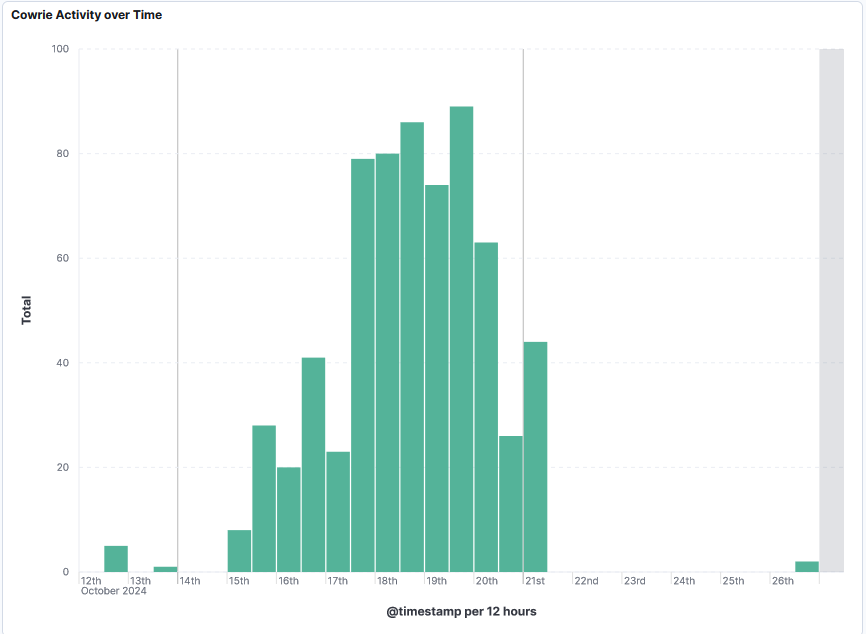
A Rock-Star Researcher Spun a Web of Lies—and Nearly Got Away with It
O n January 29, 2020, Kate Laskowski sat down at her desk at the University of California, Davis, and steeled herself to reveal a painful professional and personal saga. “Science is built on trust,” she began in a blog post. “Trust that your experiments will work. Trust in your collaborators to pull their weight. But most importantly, trust that the data we so painstakingly collect are accurate and as representative of the real world as they can be.”
Laskowski was relatively new to her job as an assistant professor in the department of evolution and ecology. She had been appointed in 2019 to a tenure-track position, a precarious state wherein academics spend several years earning the privilege of being brought on permanently—in large part by publishing in as many academic journals as possible. And yet here was Laskowski, about to besmirch a healthy portion of her own impressive research history. “When I realized that I could no longer trust the data that I had reported in some of my papers, I did what I think is the only correct course of action,” she wrote. “I retracted them.”
Laskowski revealed that her ambition had drawn her into the web of prolific spider researcher Jonathan Pruitt, a behavioural ecologist at McMaster University in Hamilton, Ontario. Pruitt was a superstar in his field and, in 2018, was named a Canada 150 Research Chair, becoming one of the younger recipients of the prestigious federal one-time grant with funding of $350,000 per year for seven years. He amassed a huge number of publications, many with surprising and influential results. He turned out to be an equally prolific fraud.



















